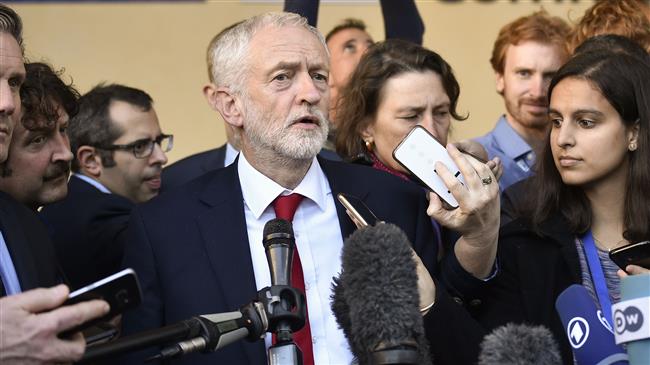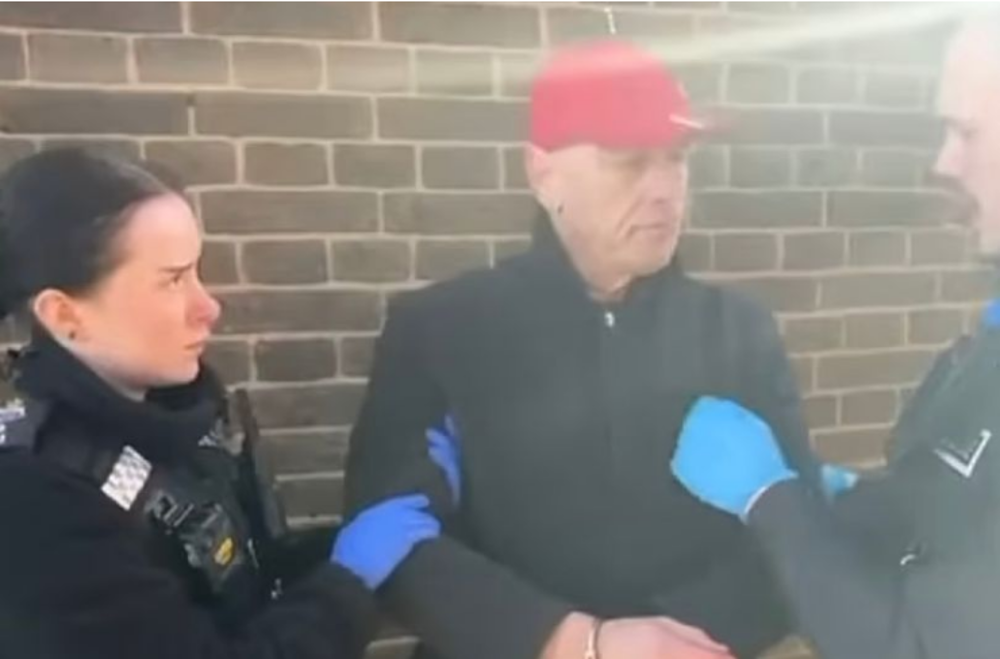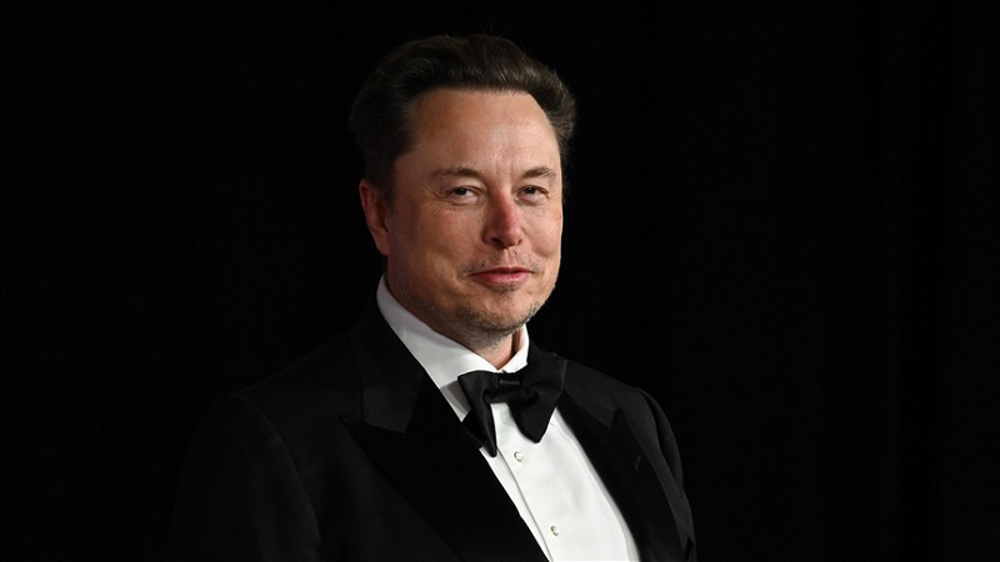Corbyn demands that children be taught about British Empire’s injustices
UK opposition Labour Party leader Jeremy Corbyn says British children need to be taught about colonialism and the “grave injustices” of the British Empire and how it was built on the back of African slaves.
Corbyn on Thursday set out his plans for an Emancipation Educational Trust (EET) in Bristol, a city that grew rich off the back of slavery and is now the scene of battles for racial equality.
Speaking during a visit to the city, Corbyn said that Bristol was “the center of the slave trade and those who campaigned against it in the city should be celebrated”.
During the speech, he asked the EET to educate future generations about slavery and the battle that broke out to end the trade, recounting the story of how slavery “interrupted a rich African and black history.”
"It is vital that future generations understand the role that black Britons have played in our country's history and the struggle for racial equality,” he said.
October marks Black History Month in the US, UK, Canada and the Netherlands, but Corbyn said that learning about black history “should not be confined to a single month each year.”
“Black History month is a crucial chance to celebrate the immense contribution of black Britons to this country, to reflect on our common history and ensure that such grave injustices can never happen again,” he said.
Corbyn told the story of Paul Stephenson, a community worker and civil rights campaigner who led the 1963 Bristol Bus Boycott due to the company’s refusal to hire Black or Asian drivers or conductors.
Comparing him to Rosa Parks who led a similar civil rights movement again a bus company in the US, Corbyn will say people like Stephenson remind Britons that “our rights are hard-won, not given.”
"It was the bravery and determination of people like Paul, standing up against injustice, that paved the way for the first Race Relations Act and the outlawing of such discrimination in our country," the Labour leader said.
Corbyn was set to meet Stephenson later in the day.
The EET organizes trips to historical sites and arranges school programs that are focused on African civilization before colonization.
Tory Members of Parliament were not pleased by Corbyn’s focus on the colonialist aspect of the British history and have asked him to underline more “positive” parts such as the role it played in the two world wars.
Corbyn’s address came on the same day that UK Education Secretary Damian Hinds was expected to urge Labour to “leave our kids alone” and warn that Labour’s educational plans amount to “dangerous control freakery.”
In his speech at the launch of the Confederation of School Trusts, Hinds will also accuse Labour of “turning the clock back” on education reform.

However, members of Corbyn’s own party hailed the appreciation of facts about Britain’s colonial past, saying the move would help immigrant community members better integrate in the British society.
Diane Abbott, who is Britain’s first black women to be elected to the House of Commons, said recently that this year’s Black History Month was even more important in light of the Windrush scandal which saw the British state forcefully deporting black Caribbean citizens who travelled to the UK after World War Two to help rebuild the country.
“The scandal could never overshadow their rich history of strength and resilience. As we approach Black History month, there is a renewed appreciation and admiration for all those that heard the call from the ‘mother country’ and came to help rebuild Britain,” said Abbott.
Some critics have suggested that school curriculums indicate that slavery is ancient history and has had no lasting repercussions or ties to Britain today.
When the Slavery Abolition Act was passed in 1807, there were 46,000 slave owners in Britain, according to the Slave Compensation Commission.
The equivalent of 16 billion pounds was given to those traders in the form of compensation after the Act was passed and slaves went from being a commodity listed alongside cattle and farming equipment to human beings with limited rights.
Los Angeles fire death toll climbs to 24 as firefighters race against intensifying winds
Tortured body of abducted Syrian cleric found in Damascus outskirts
UFC legend Khabib Nurmagomedov accuses US airline of racism after being deboarded
Israel turns hospitals into mass graves in ‘hellish’ north: Gaza Health Ministry
Israel heavily bombs Lebanon in new violation of truce with Hezbollah
Jan. 12: ‘Axis of Resistance’ operations against Israeli occupation
Gaza’s GDP plummeted by 82% amid Israel's genocide, statistical data show
Iran Army unveils ‘daunting’ laser-powered air defense system guarding nuclear sites










 This makes it easy to access the Press TV website
This makes it easy to access the Press TV website